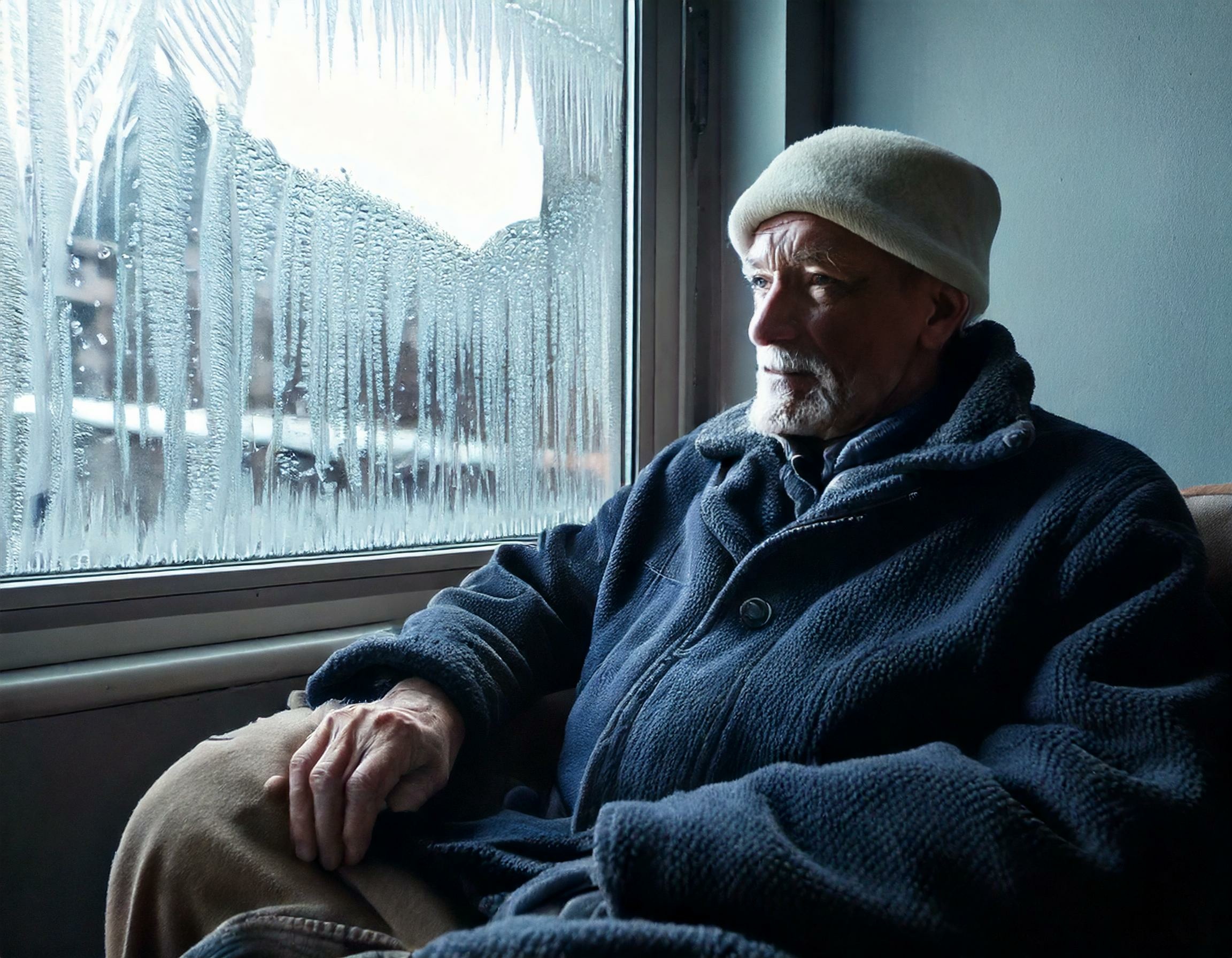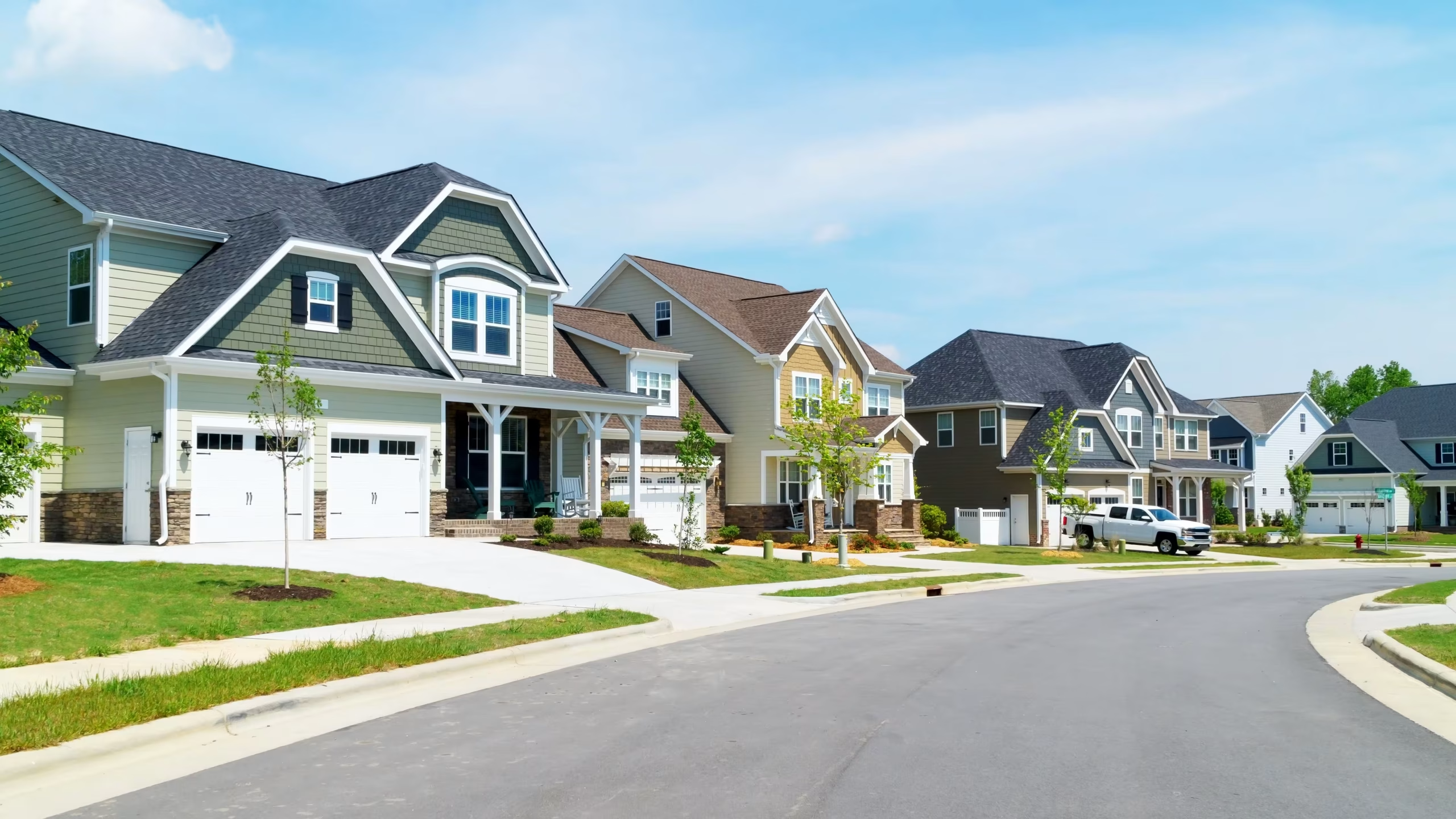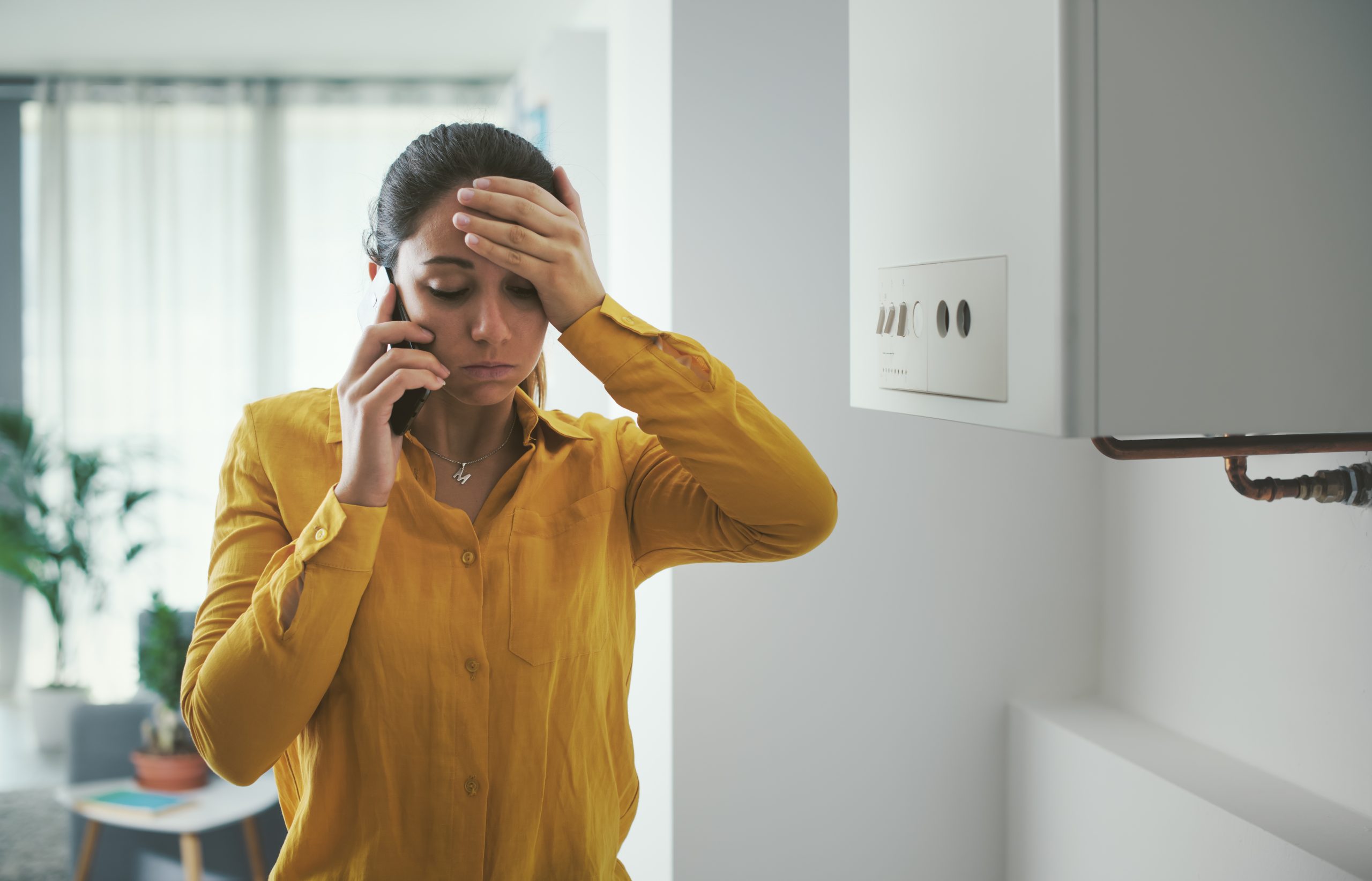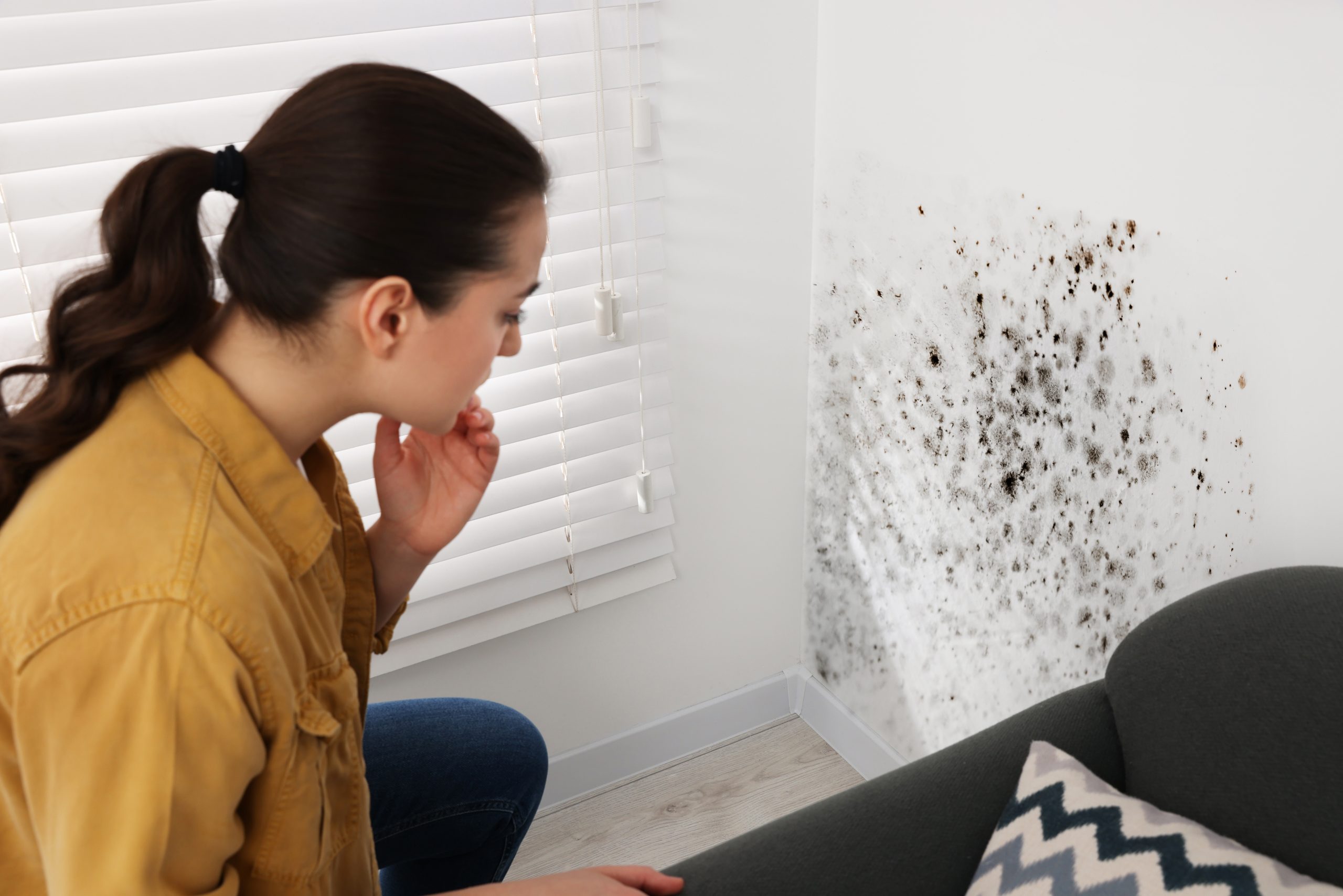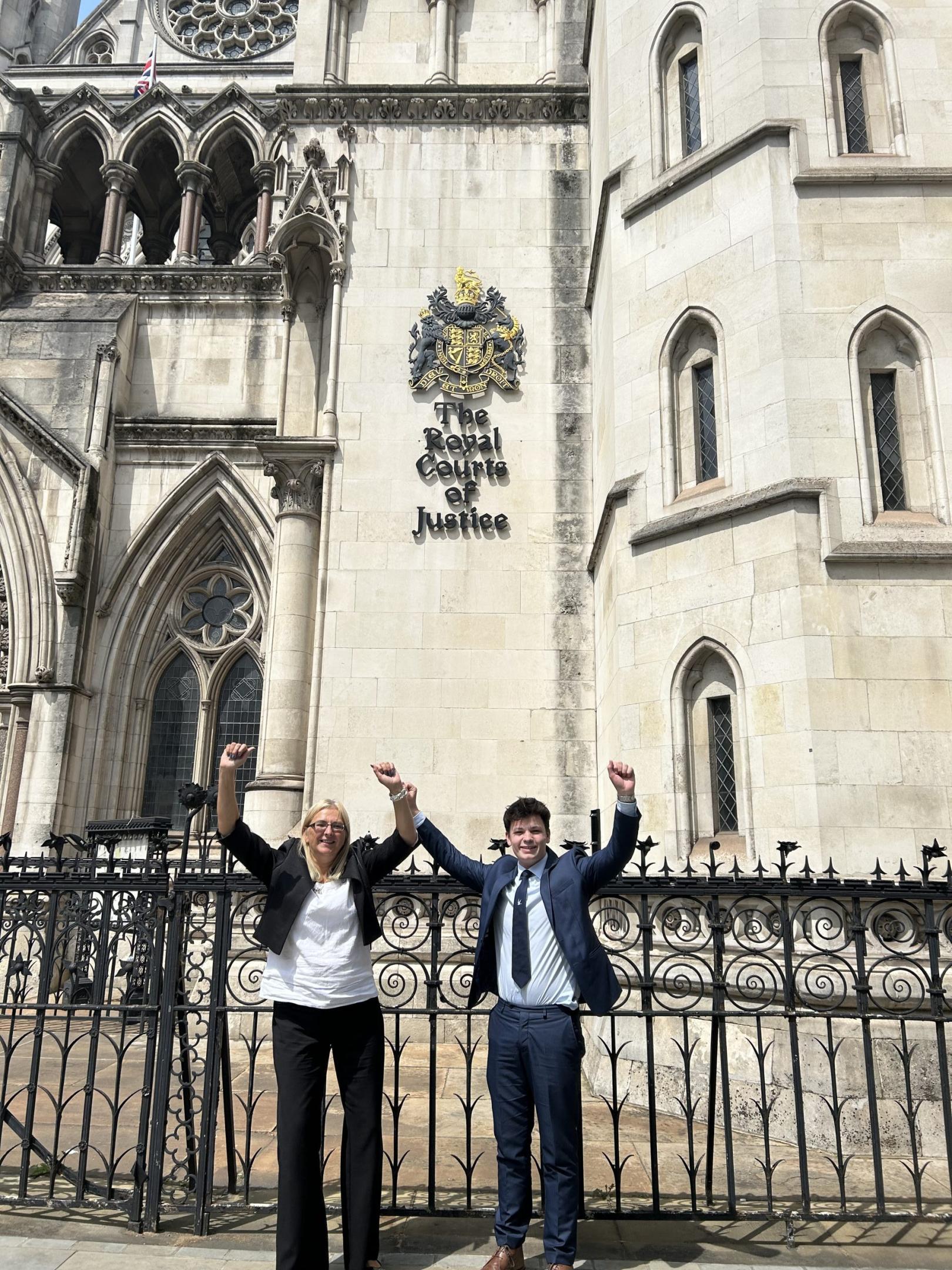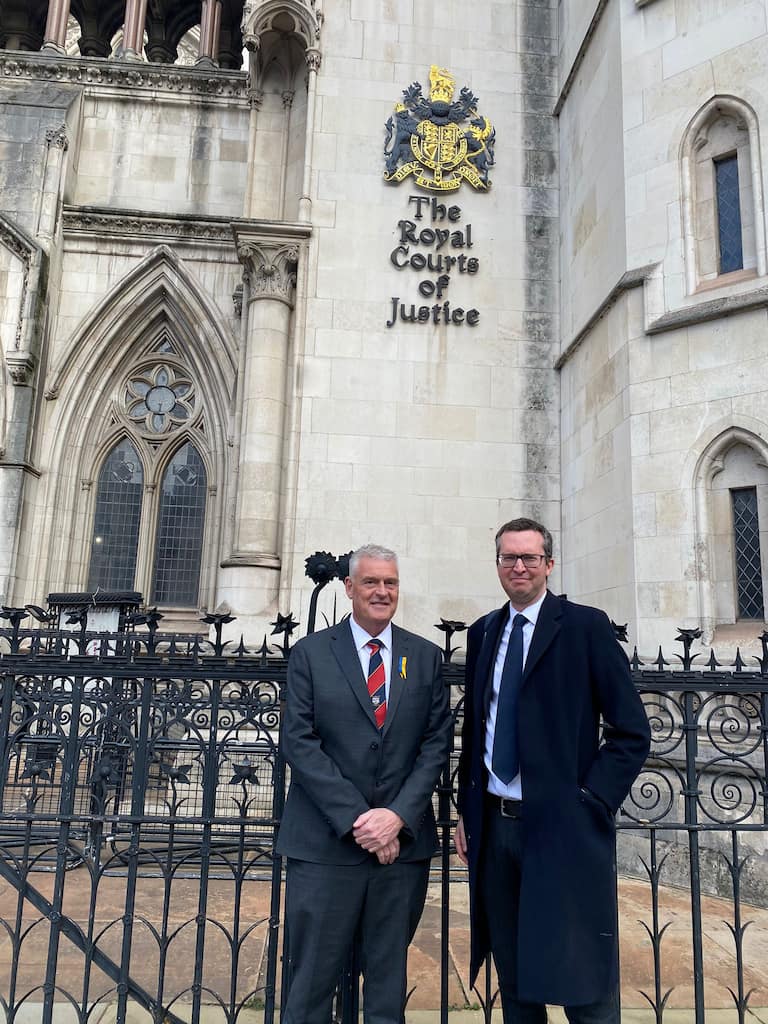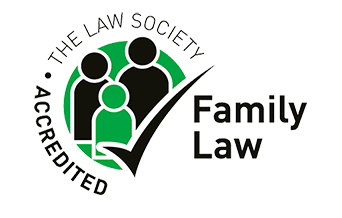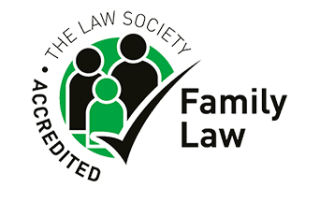On the 6th February 2025, the Government confirmed that Awaab’s Law will come into force from October 2025 forcing social landlords to investigate and fix dangerous homes.
Awaab’s Law, was introduced following the tragic death of two-year old Awaab Ishak. Awaab died as a result of a severe respiratory condition due to prolonged exposure to mould in his home. His parents had complained to their social housing landlord, who not only failed to take action to address the hazards, but in fact blamed the family for the extensive mould in the property.
Over 1,000 responses were received during the consultation on Awaab’s Law from social housing landlord’s tenants, experts and members of the public.
The government have yet to publish their full response to the consultation, but they have advised that Awaab’s Law will be implemented in a phased approach.
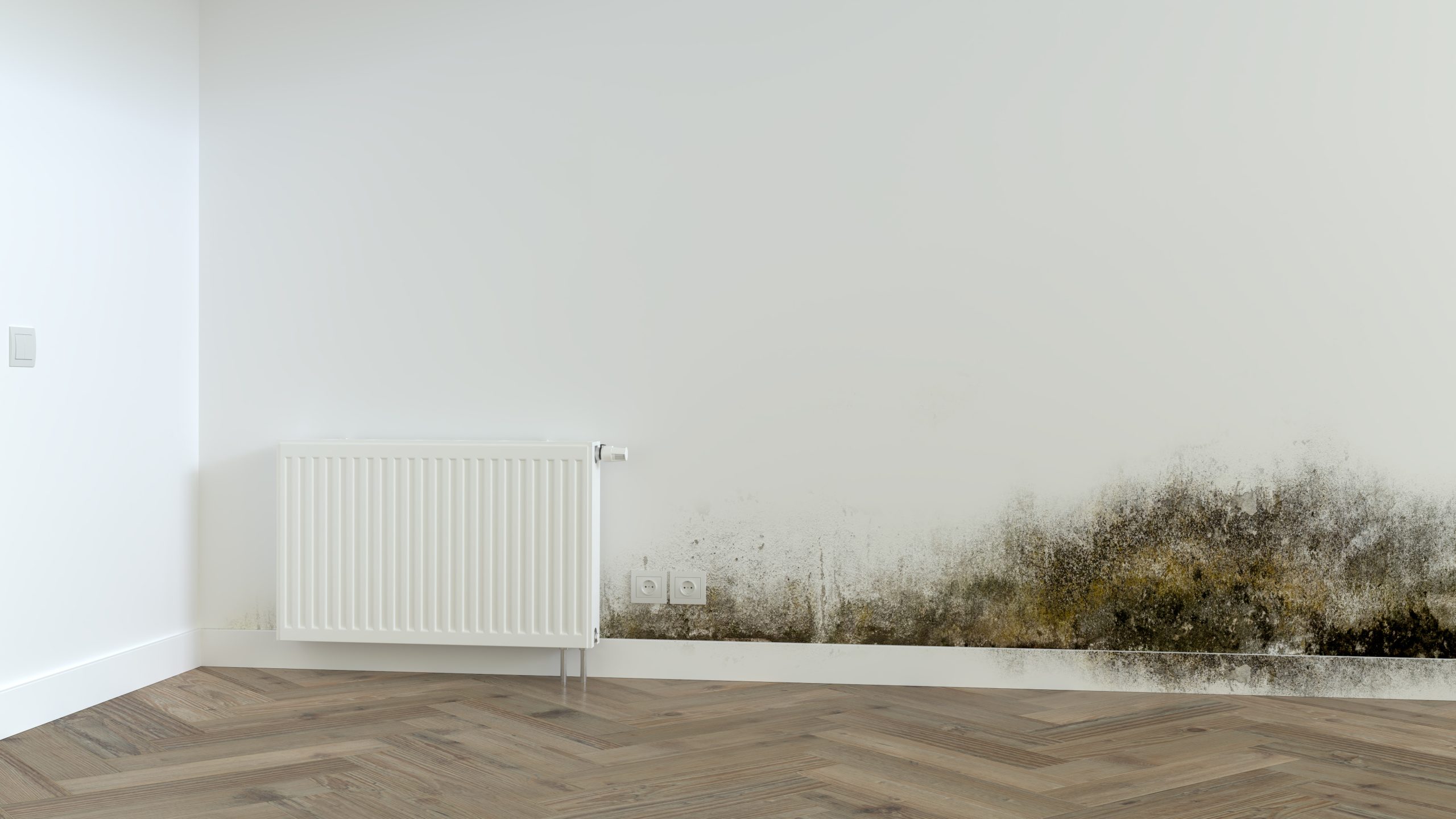
The proposed phasing of the implementation, is as follows:
- October 2025 – social landlords will have to address damp and mould hazards which present a significant risk of harm to tenants within fixed timescales. In addition, all social landlords will have to address all emergency repairs including for damp and mould or other hazards as soon as possible and within no longer than 24 hours.
- In 2026 – requirements will expand to apply to a wider range of hazards. In addition to damp and mould, the hazards including excess heat, falls, structural collapse, fire, electrical and explosion, and hygiene hazards.
- From 2017 – further expansion to cover the remaining hazards as identified by the Housing Health and Safety Rating System (England) Regulations 2005 (HHSRS) (excluding overcrowding).
Within her statement, The Rt Hon. Angela Rayner said:
“It is important to stress that the phased approach to introducing Awaab’s Law set out above in no way means that social landlords have any leeway when it comes to meeting their existing duties to address dangers to health and safety present in their homes before Awaab’s Law is fully implemented”.
Richard Blakeway, the Housing Ombudsman has made a statement following the Government’s announcement stating:
“It is a basic human right to live in a safe and decent home. This law is an important step towards helping millions of people who do not – including one million children. When most residents have little choice over their landlord, these measures will give them greater power to challenge poor living conditions.
It is right that the government has prioritised action on mould, but also committed to introducing Awaab’s Law to other hazards. These hazards have been in statue for 20 years but our casework repeatedly shows that some landlords have been far too slow to remove potential hazards, with risks remaining for months or even years.
The expectations are clear, and landlords should not wait until the last moment to make changes but extend the discipline of Awaab’s Law to other hazards as soon as possible, especially when handling mould alongside other hazards in the same home or block”.
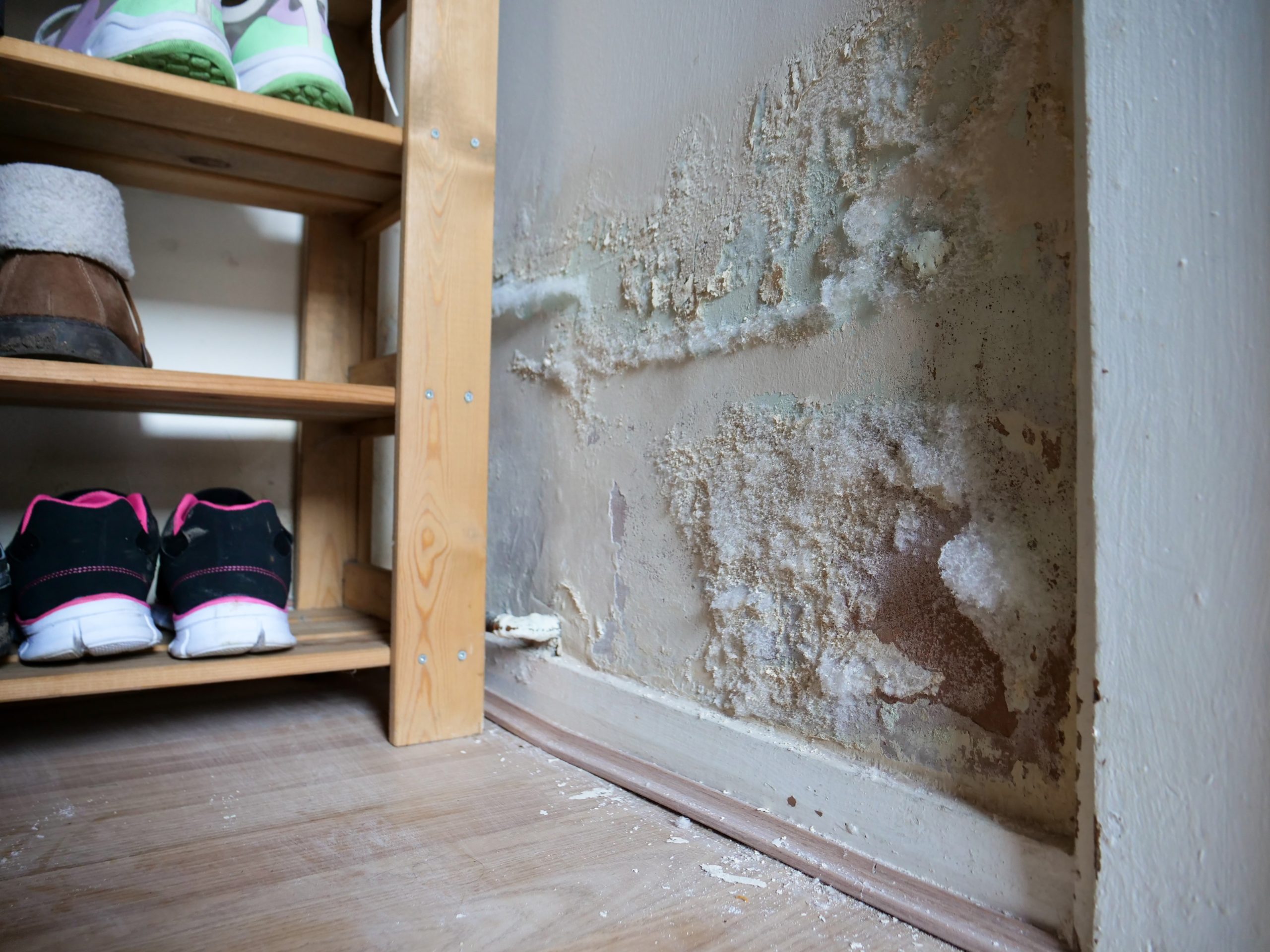
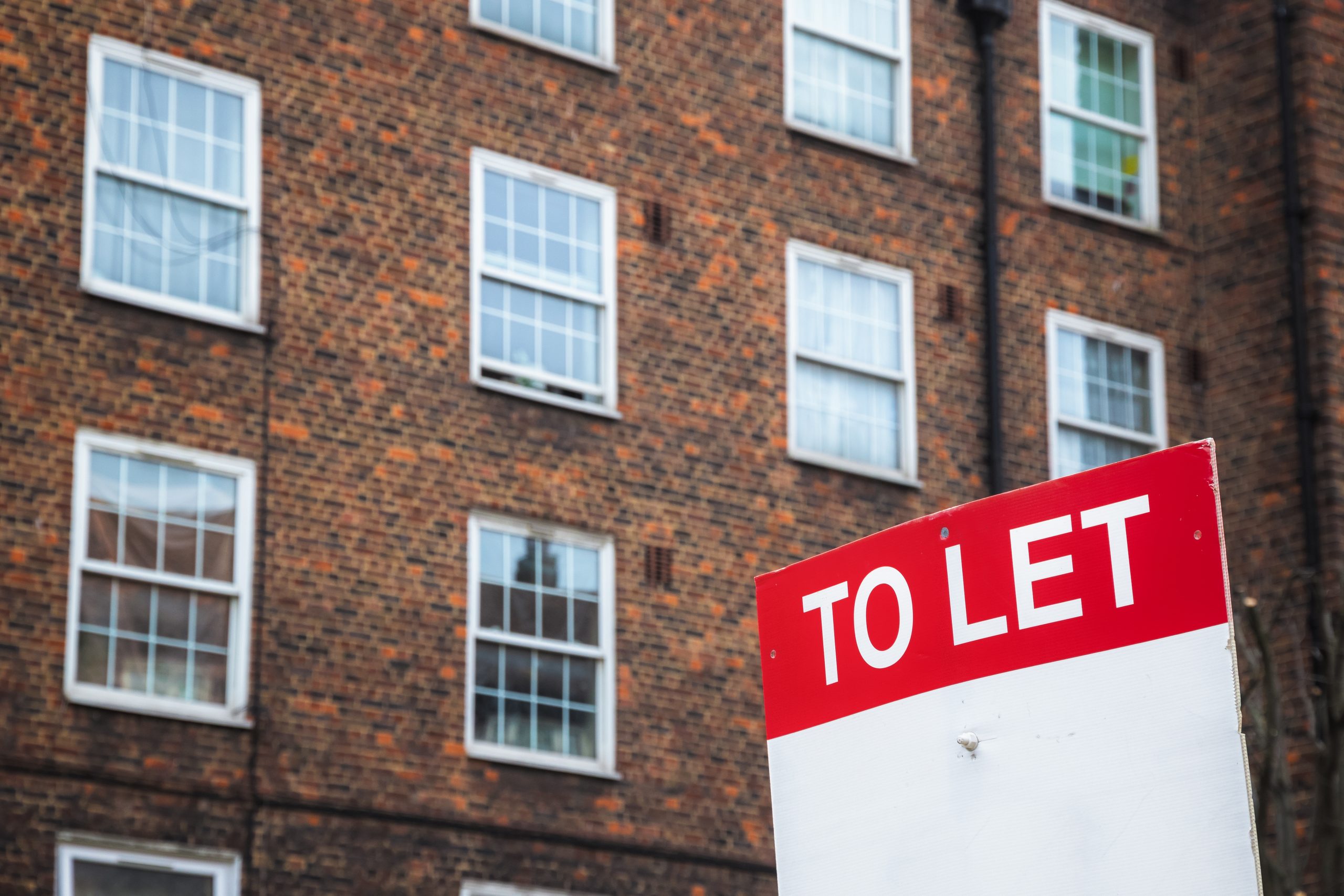
At Astraea Linskills we welcome the changes that Awabb’s Law will bring. In 2023, 7% of social rental homes had a damp problem and 4% (164,000) had hazards rated at the most dangerous ‘category 1’ level. Despite the implementation of the S9A of the Landlord & Tenant Act 1985 requiring social housing landlords to ensure that their properties remain fit for human habitation, all too often we come across cases where landlords are failing to recognise the impact of damp and mould on tenants, particularly the most vulnerable in our society.
Awaab’s Law is vital legislation that will establish timeframes for social landlords to act. Social housing landlords must ensure that their homes meet the Decent Homes Standards, and they have an obligation to take action as quickly as possible to resolve any issues of concern in the homes they let and most importantly to guarantee the safety and comfort of their tenants.
Sandra Craig, Head of out Housing Disrepair Team had this to say:
I was pleased to hear of the Government’s announcement. Awaab’s Law has been long overdue. Social Housing does provide a vital role to society but landlords who fall short of their repairing obligations must be held to account. It will be interesting to see how the social housing landlords will be able to cope with the new timescales.






